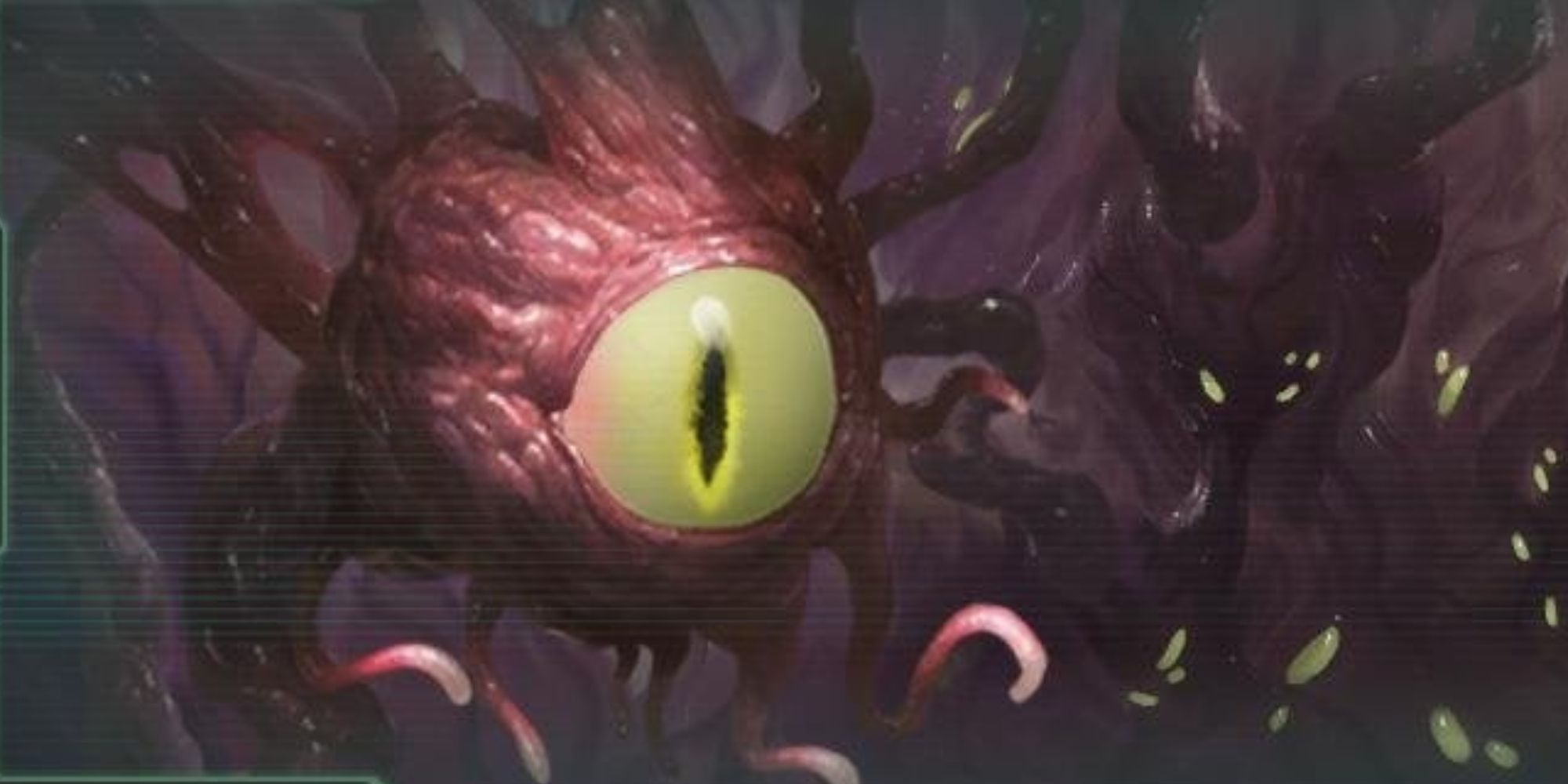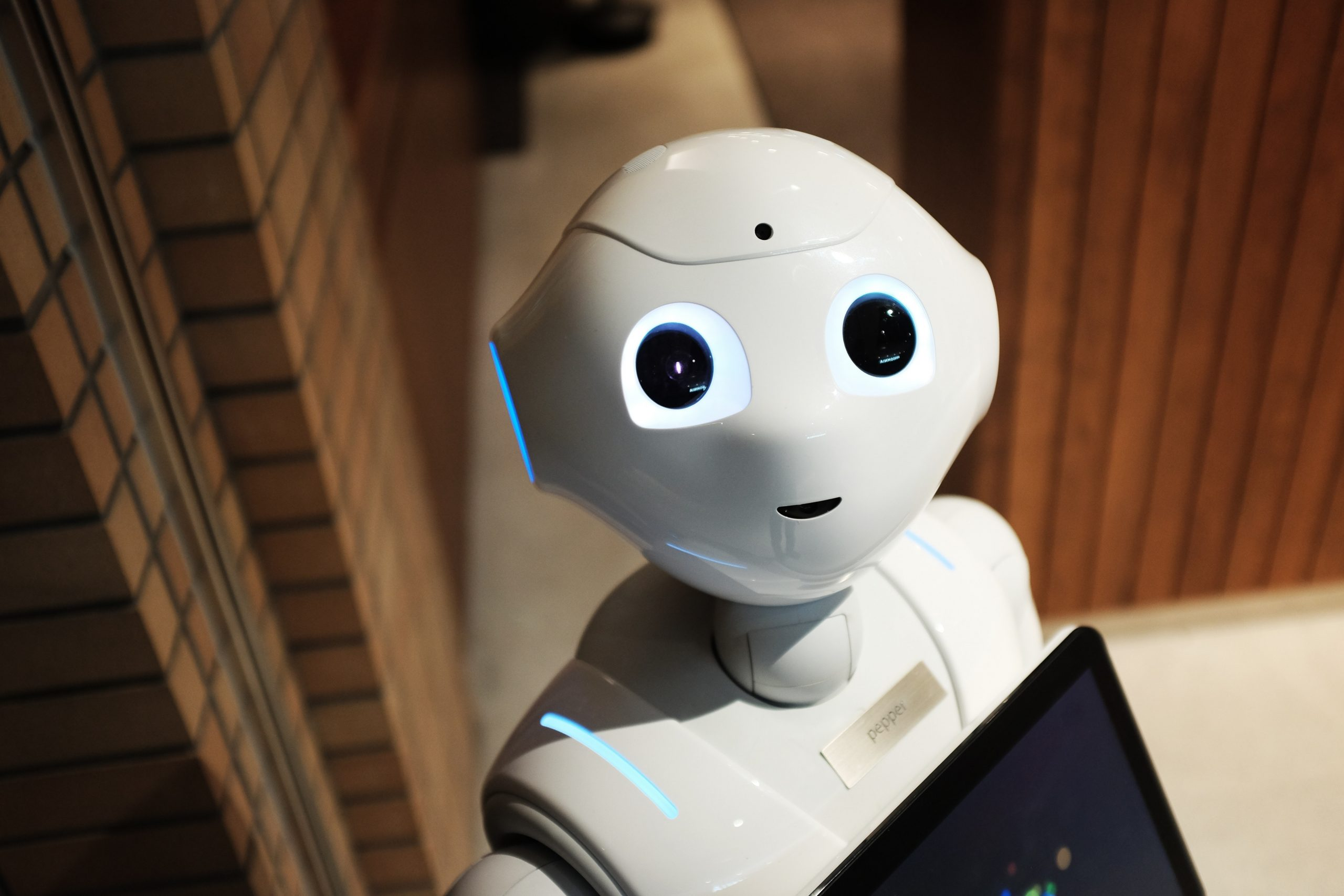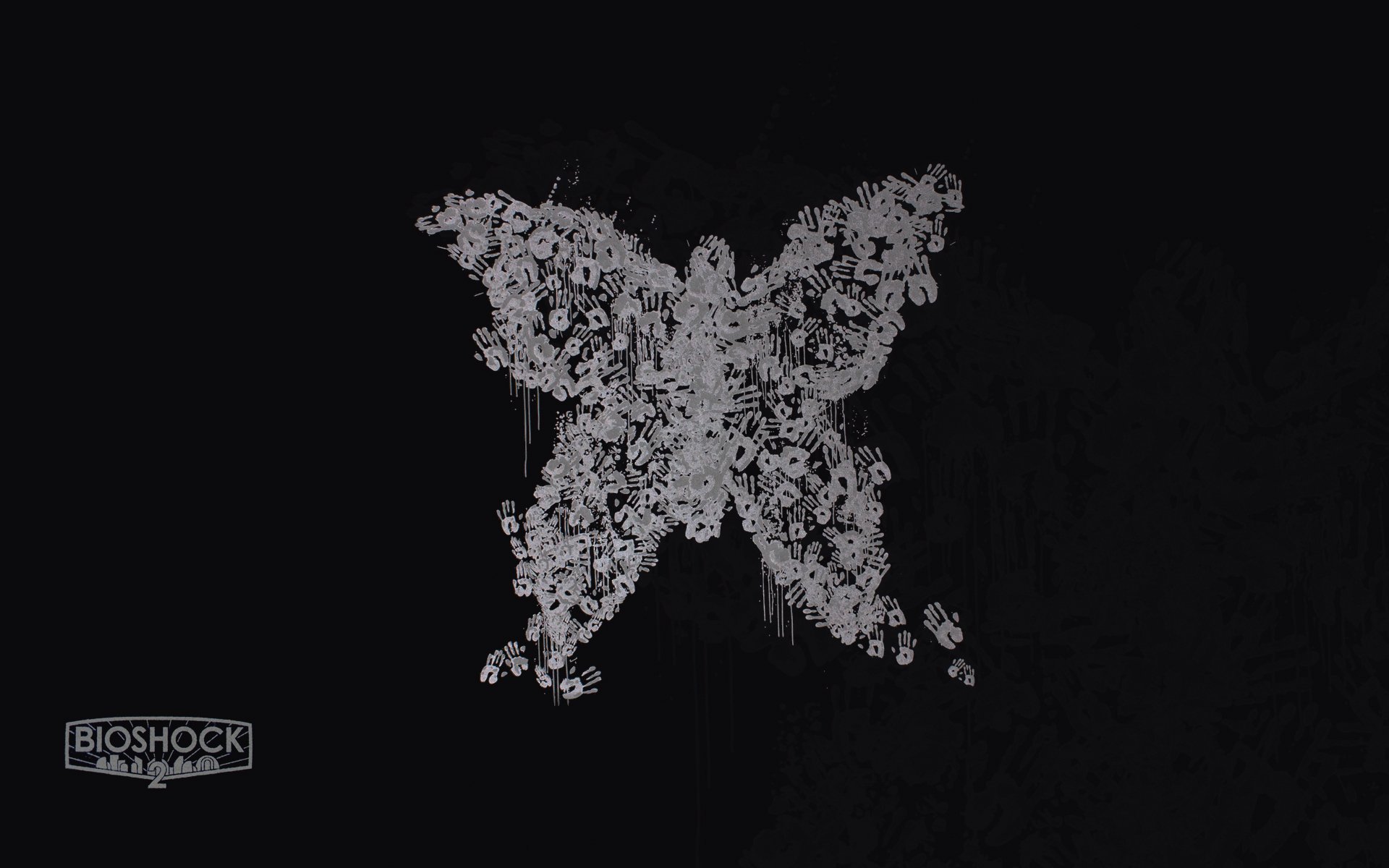Jokes on you, anything controversial relating to Pakistan and India gets spammed and brigaded hourly.
That being said, its a great resource for finding secondary sources. Even if the sources themselves happen to be biased lol.
Anything controversial on any topic especially current events are extremely biased and strictly controlled by editors.
There are countless examples across the site. I won’t mention any because someone will say “that’s not controversial” because they share the same bias as the editor that “owns” the page.
Ah yes. The truth is unknowable.
They use what to tell you? Smoke signals? Semaphore?
Hidden messages in advertisements
The UHBP protocol, obviously. /s
Hm, I was looking for unhinged Hexbear replies at the bottom, but there aren’t any! I guess the defed did good
Give it up weirdo
ooh a real one. I see you under there. can you copy paste some wicked rant about how Wikipedia is neoliberal shill org? bonus points if you link to a 40 page google doc that cites reddit
I’m not even on hexbear, I’m just tired of you morons looking for boogeymen everywhere.
Who is hexbear? Now I am curious.
it’s a whole instance
That’s kind of sad
When “they used to tell us we couldnt trust Wikipedia” it wasn’t in contrast to random websites; it was in contrast to primary sources.
That’s still true today. Wikipedia is generally less reliable than encyclopedias are https://en.wikipedia.org/wiki/Reliability_of_Wikipedia.
The people who tell you not to trust Wikipedia aren’t saying that you shouldn’t use it at all. They’re telling you not to stop there. That’s exactly what they told us about encylopedias too.
If you’re researching a new topic, Wikipedia is a great place for an initial overview. If you actually care about facts, you should double check claims independently. That means following their sources until you get to primary sources. If you’ve ever done this exercise it becomes obvious why you shouldn’t trust Wikipedia. Some sources are dead links, some are not publicly accessible and many aren’t primary sources. In egregious cases the “sources” are just opinion pieces.
There is a lot of bias on pages about religion, I find.
My kind of bias, or the wrong kind?
This is hilarious, thank you
For example there were pages that would state that “Scholars agree that the gospel of ____ was not written by _____ but was written by an anonymous author” when the original sources never discredited the original claim of authorship, but were essentially “I can’t be sure who wrote it”, never actually saying/discrediting that it wasn’t written by said evangelist.
I think the anonymous perspective belongs there, but when the original source says “I cannot be sure who wrote it” then that’s not saying it wasn’t written by them.
Anecdotal, but I’ve never had a teacher tell me why Wikipedia wasn’t a good source. Similarly, I’ve never had a teacher educate students on how to properly use resources like Wikipedia as a starting point for sources. All my peers and I heard was “Wikipedia is bad, never use it, it’s not reliable, don’t trust anything from it.”
I wish I had been taught why and how earlier, but I had to learn why and how myself.
Wiki was as reliable as encyclopedias in 2005. It is far superior today.
“Oh, people can come up with statistics to prove anything, Kent. 14% of people know that.”
-Homer Simpson
Just look in this thread. I’m not talking about writing college papers. I’m talking about the boomers saying you can’t trust anything you read on the internet.
I was always told not to quote Wikipedia. They told everyone this because people would constantly quote Wikipedia and then someone would edit it so that the paragraph was now different. It was a right pain even if the information was correct.
What you do is you check Wikipedia’s sources and then quote those sources. Hopefully they’re quoting academic papers and not blog posts because otherwise you’re just kicking the cam down the road.
Quote the sources or the source’s sources of Wikipedia. You would not believe how bullet proof this is against plagiarism if you do your citations correctly.
I don’t even understand how people get caught.
I hated in high school that teachers always said the internet isn’t a good source.
In college I finally realized that websites were poor sources because they change and move, whereas a published book, edition, and page number won’t change. But that doesn’t mean you can’t use the Internet to find a good source - you just need to cite the source itself and not the site.
Everything I’ve published is published digitally, but the journals still have editions and page numbers. When someone cites my work, they need to cite that information - not the website that may change names or shut down.
So now I’m mostly mad that teachers don’t explain why websites shouldn’t be cited. It makes good sense in that context.
I think it definitely was a huge breakdown in academic’s to adapt to new technology, and it is at the core of a lot of the societal problems we face today. Of course, a lot of the reasons for this were by design at the hands of a few corporate actors, and they share a lot of culpability.
There are philosophical underpinnings too - a lot of academics are still caught up on modernism (which would rightfully distrust new internet sources in favor of legacy sources of proven idealistic knowledge) vs. Postmodernism, which would provide a framework to recognize the truth in these systems.
One thing to keep in mind is that computers and the internet are still extremely new, and we are still figuring them out. It has only been a decade and a half where everyone has a general purpose, internet connected computer in their pocket.
There’s still good and plenty fuckery that can happen with citing books, though. Depending on the obscurity of the book, whether or not it’s out of print, or just has been outright destroyed, it might be really hard to access a copy, and check the source, especially if someone doesn’t have access to the internet archive or library genesis, i.e. digital scans of said book. There are reprints and new editions, sometimes not noted by the author of the citation (the author might have no way of knowing, depends), which can change or remove quoted passages. The internet also contains the ability to mass copy anything you want, and cite that copy, like what the internet archive does with the wayback machine, so if you have a citation of a webpage it’s probably a good idea to copy that in time and then spread it around anyways just for the sake of posterity and accessibility, especially if it’s obscure or is likely to be changed or removed. Same as you might for a book, except much easier, it’s much harder to copy a whole book in context and spread that around compared to a webpage.
Wikipedia was useful for me as a grad student because I could look up a topic and there would be a whole lot of citations I could follow. I never used them as a source, but rather as a curated forum of information.
Wikipedia is like our dear friend. It gives us general information, good advice, and direction in life, but never gets too deeply in it. The choice is ours to make.
I’ve been doing exactly the same thing with LLMs recently.
"Tell me about "
“What are the big problems their industry is trying to solve?”
“Who are their biggest competitors?”
“What’s the worst/best thing about them?”Questions like that often give me a great framework to look up specific questions, find relevant articles and get a handle on the sources that are likely to be useful.
I’d definitely be careful about made up stuff, but this sounds like an interesting idea.
Very careful. I never use anything from them directly. I just use them to give me a starting point on what to look for.
For example, if the AI tells me that some company is know for their low latency database, I’ll look around for primary sources on the latency of the database compared to other vendors. I’ll also look for evidence to the contrary.
Only problem is that half of them are broken :(
You’d be impressed by how good I was at finding PDFs of original articles on random sites. Turns out that when you go to grad school in the third world and don’t have access to the journals in the same way as you are accustomed, you learn how to do it for yourself.
sci-hub
This was back in 2010-ish. Don’t know if it works the same way now, there are probably better ways to go about it. Not sure if sci-hub existed at that time. Will remember that going forward.
We should be careful or we will turn it into the Ministry of Truth.
Everyone’s all over the place on this. There are multiple levels of fact-checking, moderation, contributions, etc. incorpated into Wikipedia. Which is the entire point. Having a decentralized encyclopedia where people collaborate, fact check, curate, and contribute is the design goal. Wikipedia is the exact solution for keeping someone from creating a ministry of truth.
My problem with wikipedia is that all the information is being stored in the same website. Since it appears first when you search for anything, it becomes the only way to fact check things for people. Since most won’t scroll past wikipedia and just trust it, the information posted there becomes the objective truth. If someone in control of the site wishes to make modifications, and does them properly, he can alter truth.
Don’t get me wrong, I’m just a paranoid guy on the Internet, I do believe that wikipedia is doing a lot of good. It’s, as you said, a healthy and complete hub of information online. Like the library of Alexandria. It just scares me that there is only one hub like this. There should be equally big libraries of information, to allow contrast.
Eh, it’s got no commercial control and is generally ran democratically. Probably a King Charles III situation where it’s a good system for now and the foreseeable future but not something that might be a good idea long term
Wikipedia is the only piece of the internet I would save from apocalipse. Like, seriously.
It would also be nice to have a p2p service still up in the internet apocalypse to share all the things we have left.
Could work like the underground networks in Cuba (I say underground but apparently there’s wires everywhere?)
deleted by creator
you “bought” kiwix? AFAIK it’s free
deleted by creator
IIRC this happens in the show or book of Station Eleven where a kid saves Wikipedia offline on his PS Vita (somehow) and it’s the only version of it out there post-apocalypse.
Yeah, I have Wikipedia saved to a portable hard drive… Just in case
How much data does it use?
deleted by creator
Any idea how the 8gb from another comment might be achieved?
Edit: I guess zipping it should work pretty well
deleted by creator
It’s probably only the text. Images and videos weigh a lot more than text.
I remember in the mid-aughts my brother hacked his iPod — the wheel kind, this was pre-iPhone — to hold the entirety of the text of English Wikipedia at the time.
I don’t know if you’re making fun of me, but, seriously, for me Wikipedia is an enormously valuable resource, much more than, for instance, YouTube (which I use, maybe, twice per year).
Some folks enjoy reading articles. Some folks enjoy to watch, listen and read (captions) at the same time. Some folks rather ask around and learn through conversations.
I’ve understood that it’s generally easier to learn new things when you use many different channels (audio, imagery etc). To many people but not to all.
There is a lot of People with a copy of Wikipedia, it only takes 8GB. Just for the case something happens. I dont think he is making fun of you.
It’s less than 90 gig to do a full backup. I can have the sum total of human knowledge on a 1TB external SDD, and still have room for Skyrim and my modlist.
That’s only the text without any media. If you wanted to save all media on Wikimedia Commons, that would be about 420tb.
Is there an easy way of doing a full backup?
Funnily enough, wikipedia has the answer
ah I see, ty lol
That’s interesting
Even less so if you exclude images
Those images are important, I would keep them. Wikipedia just scrapes the surface of information, a picture can give a bigger insight.
True, if you have the space by all means
What if you need to remember how to procreate? I hear there are a number of informative videos about how to out there.
But there aren’t on YouTube :-P
Any argument based on “us vs them” is flawed by default.
Yeah, like, who are “they”?
Nazis, terrorists and/or communists. In abstract, no definition or distinction. Just don’t think about it too much.
“They” will fit one of these. But for sure, trust “us”, because we’re definitely not either of these.
I don’t know many communist per se (mostly other flavor of leftists/marxists) but most of the folks around me hold wikipedia in high regards.
It’s a fucking shower thought you bitches
You got 1000 upvotes. At that scale everything is a political statement. 🎉

Brah, I was just happy that Wikipedia hasn’t joined the enshitification train.
Wikipedia is nefarious as fuck and nobody should trust it.

I feel bad for you
Because people have a different opinion than you, you feel “bad” for me? Well I don’t feel a bit bad for you.
I feel bad for you because this guy is hackish and you obviously respect him. If I could save every rube I would but I just can’t. So I feel sorry instead.
wah wah
Try to draw your own conclusions instead of just being a follower. That applies to all political stances and life in general
Here is an alternative Piped link(s):
https://piped.video/tExxkV1Xgzg?si=cqgkEghiy9a9m4aG
Piped is a privacy-respecting open-source alternative frontend to YouTube.
I’m open-source; check me out at GitHub.
Nah wikipedia has been taken over by politically motivated actors. I really enjoyed it when it was relatively agenda free. If you don’t believe me go check the talk page of any controversial article.
The problem is that the Wikipedia admins are arrogant. I suppose power corrupts
I’d like an example of what you’re talking about.
There are tons. Use your favorite internet search tool and look for “Wikipedia editor controversy”. Happy reading!
So you favorite, uncited, pet political theory got deleted then?
I’ve never edited a Wikipedia page.
Ok, cause you sound like one of those facebook moms saying “do your research” when you question them on their bleach enema treatments.
Are you incapable of searching the internet? Do you need me to do it for you?
https://letmegooglethat.com/?q=wikipedia+controversy+editor
And because I know how hard it is to click the link above, here’s a couple results, you dullard.
https://en.m.wikipedia.org/wiki/List_of_Wikipedia_controversies
https://slate.com/technology/2019/07/wikipedia-fram-banning-editor-controversy.html
https://www.engadget.com/scots-wikipedia-230210674.html
I imagine you can figure it out from here. If you need, I can suggest a tutor to help you master the art of typing text into a text box and then clicking the button below it.
“Taken over” is a little strong. Anyone can edit a page, but you can see the edit history. That doesn’t mean wikipedia is compromised. It means you need to be media literate. If there’s too many bad faith edits, the article gets reverted and locked.
Go look at some of the most active wikipedia contributors, they are mostly hyper political nerds. Wikipedia is heavily reliant on the social consensus of it’s contributors. It’s not a far out idea that there could be a slant among them.
Just so you know, you can check any claim by going to the cited source. If there is no source, you’re free to ask for one or ignore.
That’s far better then other systems. It’s also an encyclopedia, not a news paper. You shouldn’t be using it for current events anyway.
Remember the prolific wikipedia contributor who had an extreme fascination with boobs?
Edit: It was a joke people. I wasn’t being serious. But yeah, that did happen and there were articles about it for a while.
How does that make his contributions wrong?
Gee I don’t know let’s have a look:
George Washington, primarily known for his luscious, balanced, downright patriotic rack, …
… in fall of 1989 when Mikhail Gorbachev moved his staff to Boobyville, Russia, a small town on the border of …
… contended that the solar system is comprised of approximately .0000023% boobs, with the remaining matter distributed largely the same throughout …
It’s getting out of hand I’d say
All of those are funny and obviously untrue. Using Wikipedia isn’t a one stop perfect information system. Knowing how to use it comes with knowing how to use the sources.
So his contributions were wrong but now you’re moving goalposts and saying they’re funny and obviously wrong, so it’s okay? WTF kind of standard is that lol
Well Wikipedia is striving to be a perfect information system. So they don’t belong there. There are better locations on the internet for those kinds of jokes.
The Scots guy is a better example, imo. Someone who was trying to contribute in a positive manner but filled the wiki with complete gibberish, as opposed to a troll, of which there many.
There’s thousands of prolific Wikipedia contributors. Writing high quality articles takes a lot of time.
So no
And many with extreme fascination for boobs.
Yeah I’m not buying it. Until I see some stats on the normal level of boob fascination I can’t conclude this guy was extreme
The Tab “Talk” gives you a lot more to learn on some pages, take a look !
Yet if you ever try to edit a page, the “Talk” tab is filled with the most pretentious protectionist people. You can add helpful context or missing information with sources to the wiki, and it will get deleted simply because you haven’t spent months cozying up to the greaseball who sits on that specific wiki entry as if they possess it.
Just call then out on it in talk by mentioning why you would add it.
Alternatively make an upgraded English-only wiki alternative with way larger article max sizes so we can finally evolve it past 2005. And start using YouTube links and not (just) a native video player. And start quoting/including entire chapters from relevant books.
The problem with using YT videos is that they are transitory. Also, you’re then subjecting your reader to somebody else’s advertisements for their gain.
Also YT follows the same rules as Wikipedia for being a source.
You don’t cite it, you find what it’s citing and cite that if you decide what those sources have to say are relevant to your intended argument.
there is a bureaucratic machine for dealing with this kind of problem
But what do we do if every level of that machine is completely controlled by those people?
it’s not. there are boards on Wikipedia specifically for calling in neutral editors.
Yep, generally different editors focus on different subjects.
Tbf the gamergate saga basically caused the infrastructure to have a rolling panic attack over how that such a large movement to insert misinformation against any effort to correct it.
All articles referencing this topic on Wikipedia are extremely biased.
- With the exception of any article that’s even slightly political.
Even for political content it’s damn good. Every time someone on Lemmy points to an explicit article of bias, it falls into one of 3 categories:
- Slightly unfair bias, but still largely true
- Article is correct, Lemmy cannot provide a reliable source proving otherwise
- Article is incorrect, reliable source found, article amended
The third case happened once in an article about a UN Resolution on North Korea, and it was because the original article source was slightly misinterpreted. But yea, basically what I’m trying to say is if a “political article” is “wrong” but you can’t prove it, it’s not the political article that’s wrong but you.
Edit: ITT - People upset with my analysis, but not willing to provide sources to the articles they disagree with
Wikipedia completely slanders people it doesnt like. For example Daniele Ganser who helped to reveal Operation Gladio.
slanders (tells the truth about)
Wikipedia has a claimed positive-bias, in which negative things are often left out of the article. This is more true the lower profile the page is.
And Wikipedia has an overall left-bias, because of the demographic of contributors.
And Wikipedia has an overall left-bias, because of the demographic of contributors.
FROM YOUR LINK
Until 2021, we rated Wikipedia as Center, but changed them to Not Rated because the online encyclopedia does not fit neatly into AllSides’ media bias rating methodologies, which were developed specifically for news sites.
Allsides, that rates media outlets, doesn’t give a media bias rating. However, that page I linked still shows the bias even if it doesn’t get them a media bias rating.
Honestly the aren’t that biased



















